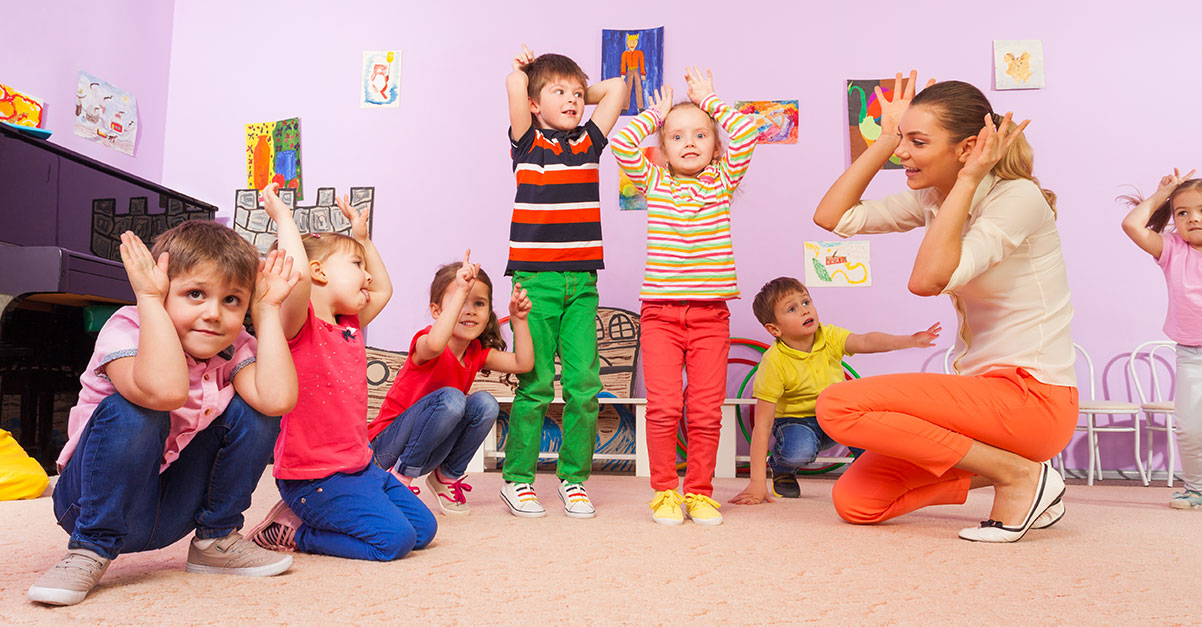Theorist in the Spotlight: Lev Vygotsky
Here we will look at one of the key influential thinkers in the field – Lev Vygotsky (1930s) – and some ways that our common (and quality!) practices and principles are linked to his theories.

Learning through culture
Vygotsky emphasised the idea that each child’s learning and development is embedded in their cultural surroundings. That is, the way a child thinks and what they think about depend on the unique ways of life in the community they grow up in.
In our early learning contexts, educators are always drawing on this idea when we recognise and celebrate each child and their family’s individual cultural background. We know that it helps us to understand the ways children are developing when we learn about their everyday home and community life. We invite them to share news, different languages and customs they follow, and we celebrate these diverse ways of life as a whole class or centre. For example, we hold positive attitudes towards learning different languages, recognising the research that shows being bilingual has benefits for a child’s cognitive development.
Learning through social interaction – the Zone of Proximal Development
Vygotsky also stated that children’s learning grows from their social interactions with the people around them. He talks about how a child who cannot do a task on their own may be given a little scaffold – a social interaction with a ‘more knowledgeable other’, which moves them to a point where they can achieve it. When they are in this situation, they are moving into what Vygotsky calls their ‘Zone of Proximal Development’.
This is a hugely relevant theory that we apply in so many ways in teaching. We are drawing on this when we try to balance giving independence to children with providing support. It’s part of the philosophy of holding high expectations for all children, while recognising that they need guidance and encouragement, to extend their learning in ways that they may not be able to reach alone.
Essentially, we can point to this theory whenever we promote social learning –
– When we are setting up group experiences for children to collaborate
– When we pose intentional teaching questions or comments that guide children in their thinking and actions
– When we facilitate rich conversation and shared thinking amongst children and teachers in a group investigation.
